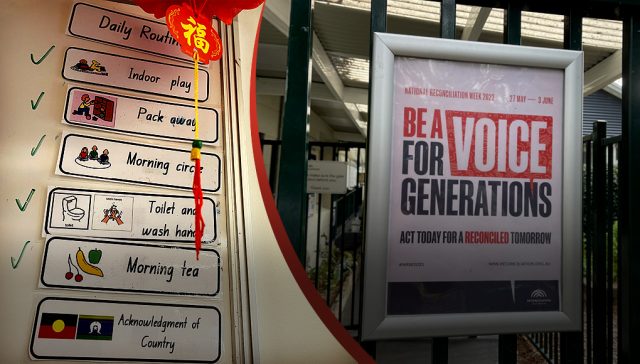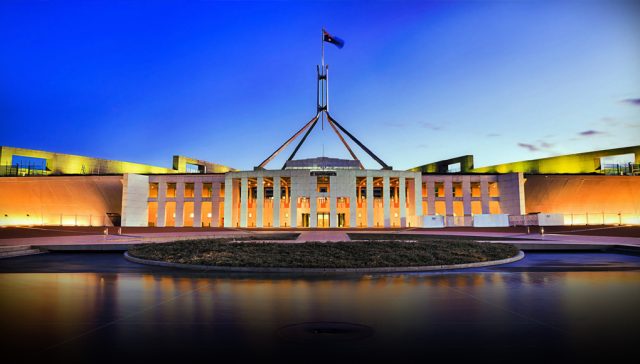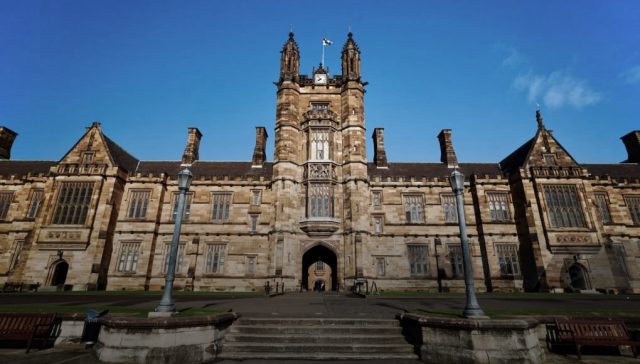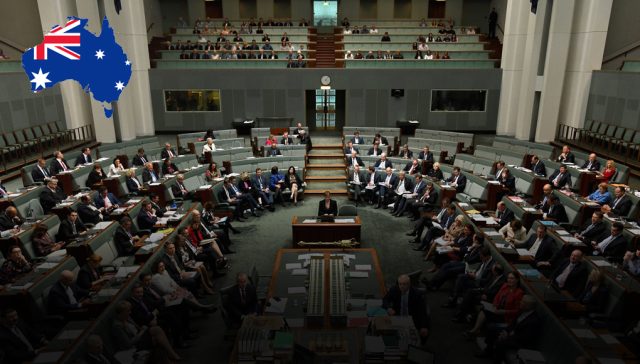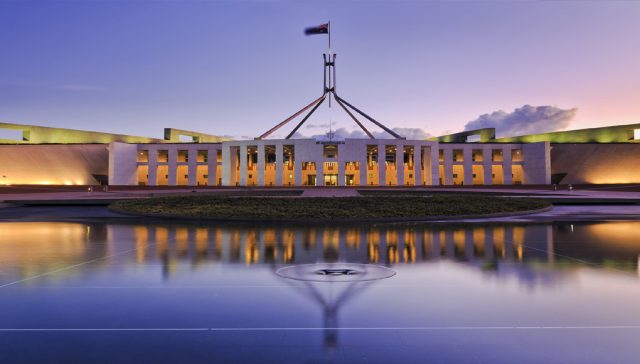A Letter to My Kid’s Childcare Centre
Background:
A few weeks ago, when dropping off my child at their childcare centre, I noticed something on the classroom whiteboard that I hadn’t paid attention to before – the “Daily Routine”. Amid the usual activities, one particular sticker caught my eye: “Acknowledgement of Country”. I was SHOCKED. It prompted me to write the following letter to the Centre.
Dear Centre Management Team,
I hope this message finds you well. I want to start by expressing my deep gratitude for the nurturing environment the Centre provides. It has been a joy to see my child thrive, embracing the learning and playing programs, along with diverse cultural celebrations, from Chinese festivals to many others. Your respect for multiple cultures is much appreciated in a country where nearly 30% of the population was born overseas.
However, I feel compelled to share a concern, approached with the utmost respect for the delicate balance you maintain. Over the past year, I’ve observed several Aboriginal events and celebrations, including last year’s National Reconciliation Week with the slogan “Be a VOICE for Generations – Act Today For A Reconciled Tomorrow,” amid the very controversial and politically divided national Voice referendum. Recently, I was surprised to notice a “Daily Routine” of “Acknowledgement of Country”.
if we are celebrating National Reconciliation Week and National NAIDOC Week, we should also dedicate a full day to celebrating Australia Day?
While I deeply respect Aboriginal people, I am concerned that this is verging into the realm of political expression, given the variety of views on this topic within our community, vividly highlighted in the last referendum debate which resulted in over 60% voting No.
As I see it, “Acknowledgement of Country” carries a strong politically driven message that may convey controversial implications. Its literal meaning not only recognises the historical ownership of the land by indigenous Australians but also implies the concept of “stolen land”, as promoted by many Voice advocates, along with “Pay the Rent” as one of the preferred “Treaties.” If the land and property we own today were “stolen,” should we then return it? And if so, to whom? If we do not, which I guess is the case for most, does that make us hypocritical?
I am a migrant drawn to Australia for its embodiment of Western values – democracy, liberty, and the rule of law – the principles that make Australia unique and appealing globally. My hope is to see these aspects of our great country celebrated and taught with the same enthusiasm. If politics is to be taught in school, a highlight of our country’s values should be celebrated, foundational to our society and a reason we have a wonderful Centre with educators and students from diverse cultural backgrounds.
Your respect for multiple cultures is much appreciated in a country where nearly 30% of the population was born overseas.
As a parent, I am thrilled to see kids learning new things, meeting new friends, acquiring new skills, fostering good character, and growing well physically and mentally. I always appreciate the Centre for providing a great learning environment and having educators who genuinely care for the kids. Having grown up in an authoritarian country, I recall how political education at every level significantly affected young kids’ freedom of thought. Therefore, I am extremely concerned if certain controversial opinions are taught as facts to young minds.
Might I suggest that if we are celebrating National Reconciliation Week and National NAIDOC Week, we should also dedicate a full day to celebrating Australia Day? This gesture could serve to highlight the unity and shared core values within our diverse community. Additionally, while the learning of new Aboriginal songs enriches our cultural tapestry, perhaps including ‘Advance Australia Fair’ occasionally could foster a broader sense of national pride and identity.
Furthermore, if ‘Acknowledgement of Country’ is part of our daily routine, exploring the Christian origins and significance of the coming Easter holiday – beyond the familiar symbols of rabbits and eggs – could offer the children an opportunity to understand the holiday’s deeper cultural and religious meanings.
Please understand that my reflections are shared with the highest regard for the incredible work you do and in no way diminish my gratitude for your dedication. My intent is to engage in a constructive dialogue about how we can celebrate all facets of our community’s culture, including its core Western heritage, with balance and sensitivity.
Thank you for considering my perspective. I look forward to any thoughts you may have on this matter and remain, as always, immensely appreciative of your commitment to our children’s growth and well-being.
Regards,
A Concerned Parent

Warren escaped Communist China a decade ago to pursue education in Australia. Now a finance businessman, he passionately defends libertarian freedoms. Vigorously opposing COVID lockdowns and mandates, Warren champions traditional Western liberties, hoping Australia avoids becoming the repressive nation he left behind.






